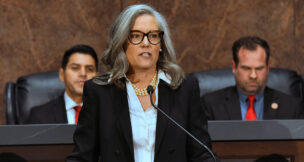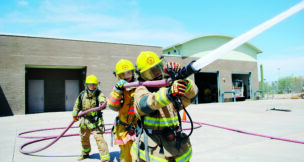Summaries of Enactments 2006 Regular Session (continued #4)
Arizona Capitol Reports Staff//July 28, 2006//
Summaries of Enactments 2006 Regular Session (continued #4)
Arizona Capitol Reports Staff//July 28, 2006//
CH 261 H 2819 ADULT PROBATION; COUNTY RESPONSIBILITY Beginning July 1, 2006, Maricopa County is excluded from the list of counties that receive funds from the administrative office of the...
No tags for this post.





































